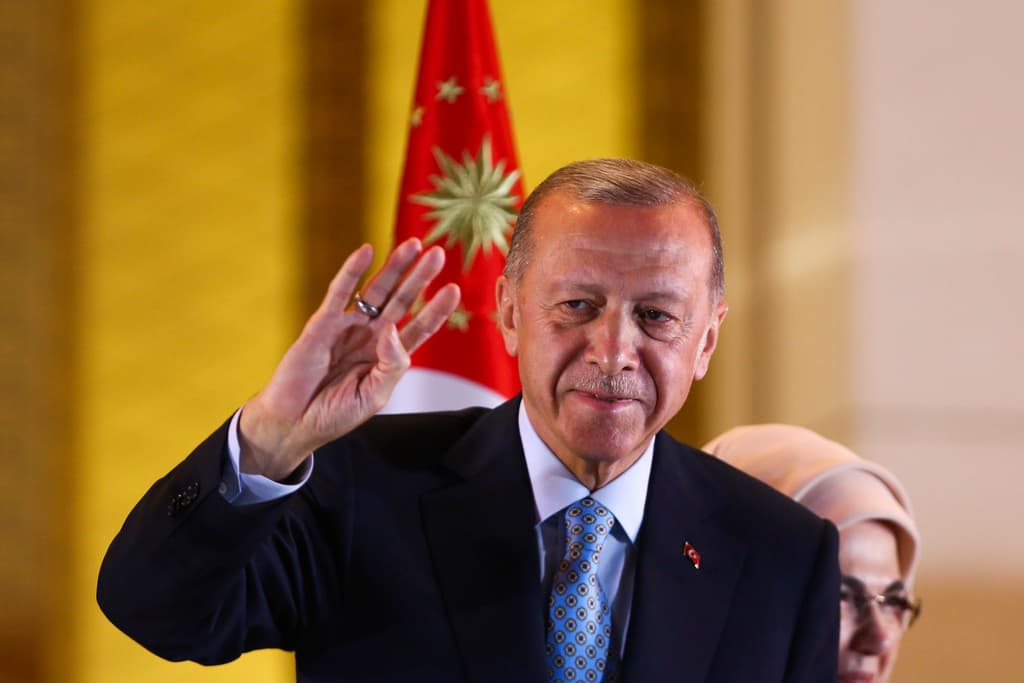The Turkish Dilemma
Erdogan’s Turkey has become too important an ally to shed, and too problematic to coddle.

As President Erdogan settles on a new presidential term Turkey is bound to become a more oppressive and less free place than even during his first two decades in power. At the same time, President Biden, who has vowed to center his foreign policy on human rights, is fast moving to improve relations with the North Atlantic Treaty’s most problematic member. This is a circumstance in which the best course for the administration is to tread lightly.
Please check your email.
A verification code has been sent to
Didn't get a code? Click to resend.
To continue reading, please select:
Enter your email to read for FREE
Get 1 FREE article
Join the Sun for a PENNY A DAY
$0.01/day for 60 days
Cancel anytime
100% ad free experience
Unlimited article and commenting access
Full annual dues ($120) billed after 60 days

